It was easy for progressive Portland to get behind Simon Tam and his eight-year-long battle to trademark the name of his Asian-American rock band, The Slants. The federal government’s rejection in 2010 of the Portland band’s application because the name was “disparaging” to Asians showcased not only government overreach but also bureaucrats’ uncanny ability to miss the point: The band had purposely adopted the name to reclaim it from those who use “slant-eyes” and other variants to denigrate Asians.
So the U.S. Supreme Court’s unanimous decision this week striking down the government’s disparagement defense would seem a victory not only for free speech but social justice.
Except there’s an underlying message that’s particularly worth emphasizing in a city where the mayor unsuccessfully sought the revocation of a pro-Trump rally’s permit: The government cannot and should not filter speech according to the “acceptability” of the viewpoint or the popularity of its message. That means while people celebrate The Slants’ win, they should be ready to accept the reissuance of trademark rights to the Washington Redskins’ NFL team, even though the owner has resisted pleas from Native American communities to drop the slur from its name. While the team’s trademark was canceled in 2014 under the same disparagement clause used to deny The Slants’ application, its appeal has been on hold pending the outcome of Tam’s case in the U.S. Supreme Court.
The decision is a reminder that speech does not belong to one political party or viewpoint over another. Those who use speech to support progress for all are no more entitled to it than those who use it to spread prejudice or mistrust.
As Justice Samuel Alito wrote in his opinion, “speech may not be banned on the ground that it expresses ideas that offend.” It’s important to note, too, that a trademark is not a governmental endorsement of the message. People are free to use their power as citizens and consumers to change the mind or fortunes of the team’s owner, Dan Snyder.
None of this takes away from the victory for Tam and his attorneys, who have invested countless hours and effort over the years to challenge the federal Patent and Trademark Office. Tam first prepared the application for the Slants trademark in 2009, receiving the rejection the following year. That sparked a lengthy process that, as Tam noted to The Oregonian/OregonLive Editorial Board, “lasted longer than any (other) member of the band.”
It also required a commitment that went far beyond the band’s interest in a trademark. Tam said even if he had lost, he believes the discussion about race, identity and free speech sparked by the case would have been worthwhile.
And while he’s no fan of the Washington Redskins name, he acknowledges the broad spectrum that free speech encompasses. “You can’t reserve it only for the people we like and agree with,” said Tam. “We don’t build a stronger community by shutting people down.”
Tam’s right, just as he has been throughout the trademark process. Speech can inspire and inform. It also can offend and repulse. And sometimes, in inspiring, informing, offending and repulsing, it leads to new ideas, thoughts and sometimes, even, a collective understanding.
– The Oregonian/OregonLive Editorial Board
___
(c)2017 The Oregonian (Portland, Ore.)
Visit The Oregonian (Portland, Ore.) at www.oregonian.com
Distributed by Tribune Content Agency, LLC.
—-
This content is published through a licensing agreement with Acquire Media using its NewsEdge technology.



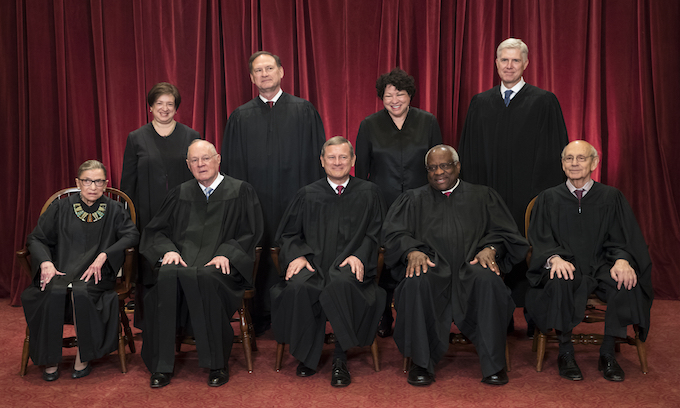
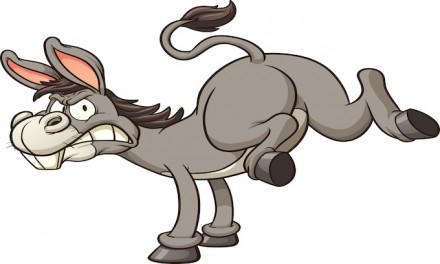
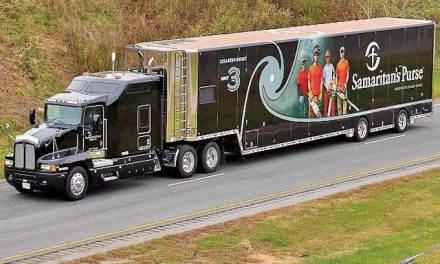
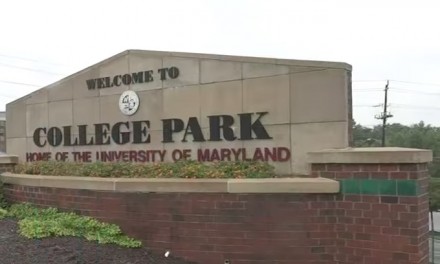
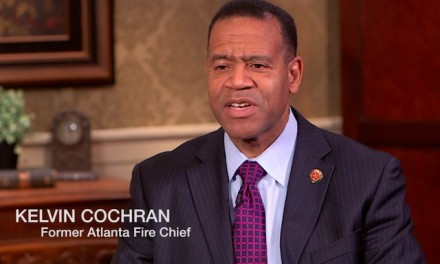











Recent Comments